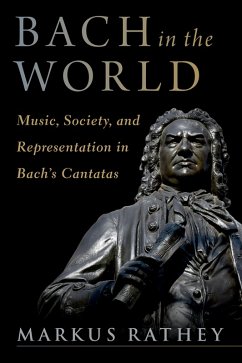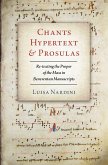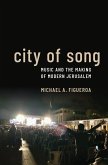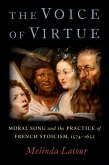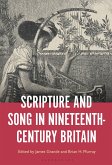Johann Sebastian Bach's works are often classified as either sacred or secular. While this distinction is fraught, it seems to provide a useful way to distinguish between Bach's vocal works for the liturgy and those he wrote to honor courts and members of the nobility. But even so, the lines cannot be drawn clearly. The political and social systems of the time relied on religion as an ideological foundation, and public displays of political power almost always included religious rituals and thus required some form of sacred music. Social constructs, such as class and gender, were also embedded in religious frameworks. In
Bach in the World, author Markus Rathey offers a new exploration of how Bach's music functioned as an agent of affective communication within rituals, such as the installation of the town council, and as a place where socio-political norms were perpetuated and sometimes even challenged. The book does so by analyzing public manifestations of the social order during Bach's time in large-scale celebrations, processions, public performances, and visual displays.
Dieser Download kann aus rechtlichen Gründen nur mit Rechnungsadresse in A, B, BG, CY, CZ, D, DK, EW, E, FIN, F, GR, HR, H, IRL, I, LT, L, LR, M, NL, PL, P, R, S, SLO, SK ausgeliefert werden.
Hinweis: Dieser Artikel kann nur an eine deutsche Lieferadresse ausgeliefert werden.

